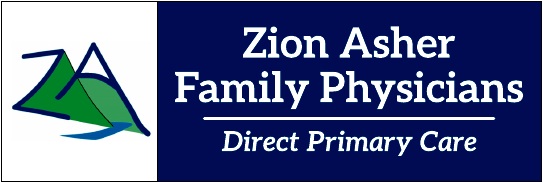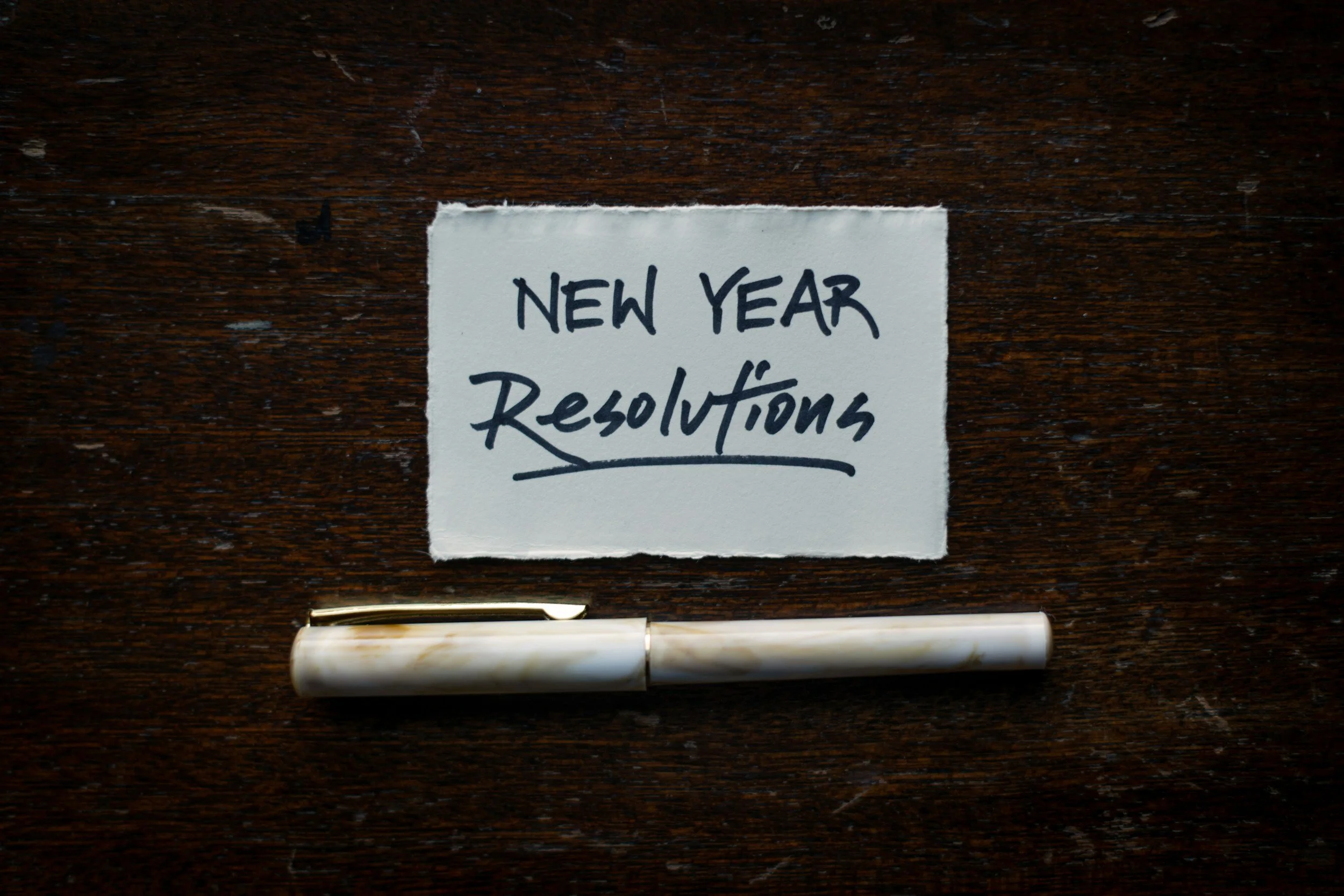End-Stage Screen Addiction: The Hidden Culprit Mimicking ADHD
In our hyper-connected world, screens have become more than just tools—they're extensions of our daily lives. But what happens when that constant digital stimulation crosses into addiction territory? Recently, I came across a compelling video by Dr. K from HealthyGamerGG titled "Why You Can’t Stop Scrolling (End-Stage Screen Addiction)." It dives deep into how excessive screen use evolves into a full-blown condition that wreaks havoc on our brains, often masquerading as ADHD. As someone who's seen the impacts of tech overload firsthand, I felt compelled to break this down for you. Let's explore what end-stage screen addiction looks like, why it fools us into thinking it's ADHD, and some practical steps to reclaim control.
Understanding End-Stage Screen Addiction: A Progressive Trap
Screen addiction isn't just about binge-watching Netflix or endless scrolling on social media. According to Dr. K, it's a progressive disorder, much like chronic alcoholism, where initial cravings give way to widespread damage across cognitive, emotional, and behavioral systems. This "end-stage" phase emerges after years of exposure—think smartphones since 2007 ramping up to today's dopamine-drenched apps.
The core issue? Tech companies design platforms to hijack our brain's reward circuits. They compete by overstimulating us with notifications, autoplay, and infinite feeds, leading to tolerance. Over time, our dopamine receptors downregulate, meaning everyday activities feel unbearably dull without that digital hit. This isn't laziness; it's a neurological shift that's only become prominent in the last decade, as screen time averages 4+ hours daily (and way more for heavy users).
The Symptoms: How It Mirrors ADHD
One of the most eye-opening parts of the video is how end-stage screen addiction presents symptoms that scream "ADHD" to the untrained eye. Poor focus, restlessness, impulsivity—these are hallmarks of both, but the root causes differ. Here's a breakdown of the key symptoms Dr. K outlines, and why they overlap with ADHD:
Terminal Boredom: Imagine feeling physically uncomfortable or restless without a screen in hand. Non-digital tasks like reading a book or going for a walk become torturous. This stems from dopamine tolerance: screens deliver 6x the pleasure of natural activities initially, but repeated use numbs your receptors. Result? Real life feels empty, leading to social isolation or becoming a "NEET" (not in education, employment, or training). ADHD often involves boredom with routine tasks, but here it's amplified by digital overstimulation, making focus impossible without constant novelty.
Decreased Emotional Awareness and Loss of Direction: Screens drown out negative emotions like anxiety or shame with artificial highs, suppressing the amygdala and limbic system. You miss real-life opportunities (e.g., skipping a job for gaming), narrowing your world until you have no clear goals. Emotions that should motivate change—sadness pushing you to fix relationships—get ignored. This leads to a profound sense of purposelessness, mimicking ADHD's executive dysfunction where planning and motivation falter. But unlike innate ADHD, this is acquired through virtual fulfillment of needs like mastery or community, tricking your brain into complacency.
Lack of Willpower and Motivational Decay: Ever feel like you have zero discipline? Dr. K explains it's not low willpower—it's absent motivation. Screens satisfy innate drives (agency, identity, safety) in a low-effort way, depleting your "dopamine budget" for real tasks. Gaming gives you trophies and control without the grind, so why bother with reality? This reinforces giving up, creating a cycle where productive behaviors lose their appeal. ADHD sufferers struggle with impulse control and task initiation too, but screen addiction exacerbates it by atrophying the frontal lobes through disuse— no need to plan when apps do it for you.
Executive Dysfunction and Impulse Hijacking: In end-stage addiction, breaking down goals into steps becomes Herculean. Abstract aims like "be happy" stay vague because screens automate everything, rusting your brain's planning centers. Platforms activate impulses with bright stimuli and zero resistance (hello, infinite scroll), decaying self-control. This looks exactly like ADHD's core issues: inattention, hyperactivity, and poor organization. The difference? ADHD is often lifelong and genetic, while this is reversible with screen detox, as studies on rising screen time correlate with surging "ADHD-like" complaints.
Dr. K emphasizes that these aren't just bad habits—they're brain adaptations to an environment engineered for addiction. Platforms have evolved from simple games to multi-circuit stimulators (e.g., MMOs with social, progression, and reward layers), making escape harder.
Why It Gets Misdiagnosed as ADHD
The overlap is no coincidence. Both involve dopamine dysregulation: ADHD from underactive circuits, screen addiction from overstimulated burnout. Symptoms like fidgeting, distractibility, and procrastination lead many to self-diagnose or seek ADHD meds, but treating the wrong cause can worsen things. Dr. K, as a psychiatrist, notes this in his practice—patients present with focus issues, but digging reveals screens as the trigger. With tech's rapid evolution, research lags, leaving us to connect the dots ourselves.
Breaking Free: Practical Advice from the Frontlines
The good news? This isn't permanent. Dr. K offers actionable insights to rebuild your brain:
Dopamine Budgeting: Treat dopamine like a daily allowance. Spend it on high-value activities first (e.g., work or exercise in the morning) to create positive cravings tomorrow. Delay screens to reclaim your motivational drive.
Screen-Free Starts: Postpone device use—take a walk without your phone. Nature helps reset boredom thresholds and rebuild focus.
Reignite Real Rewards: Pursue screen-free hobbies for genuine dopamine hits. Recognize that screens "steal" the work from tasks, so start small to reinforce productive loops.
Listen to Your Instincts: If screens feel like the problem, they probably are. Build emotional awareness through breaks, therapy, or mindfulness to rediscover suppressed feelings.
In my own experience, cutting back on late-night scrolling has sharpened my focus and unearthed forgotten passions. It's not about going cold turkey but reallocating that digital energy.
Final Thoughts
End-stage screen addiction isn't just a buzzword—it's a modern epidemic disguised as ADHD, robbing us of motivation, emotions, and real-world wins. As Dr. K powerfully illustrates, our brains aren't built for this constant barrage, but with awareness, we can course-correct. If you're nodding along, feeling that terminal boredom or motivational void, take a step back from the screen today. Your future self will thank you.
⚖️ Medical Disclaimer:
This article is for educational purposes only and does not constitute medical advice or establish a patient-provider relationship. Always consult with a licensed physician regarding your personal health.







